blog
Welcome to my blog. Thanks for being here.
I like to write a lot. Mostly about powerlifting, strength training, body image + women in sport. They’re kinda my things.
If you ever have questions or want to learn more, please reach out. I would love to hear from you.
Billie x
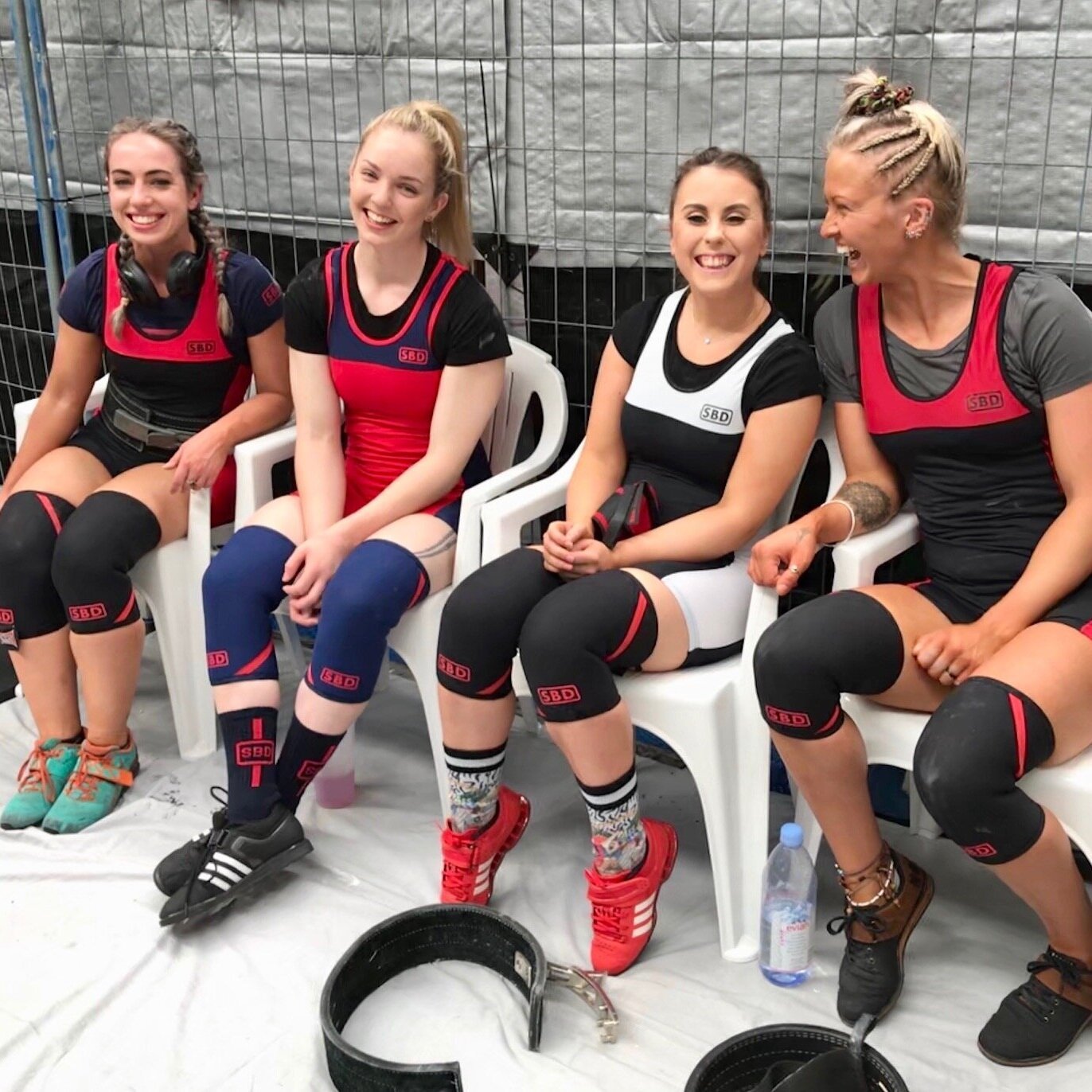
Personal Powerlifting Equipment
Buying equipment/apparel for a new hobby can be a little daunting. Like, you don’t want to be that guy with all the gear and no idea. But also, should you have it? Would you be safer? Would you lift better? Would lifting be more enjoyable for you? More comfortable? Would you be stronger? Would you train better? Is your coach going to think you’re a moron for asking? (lol, no.)
I’ve put this article together as a little crash course in individual equipment you might like to use in powerlifting training. I talk about heeled shoes, belts, knee sleeves, wrist wraps, competition suits etc, covering what they do, why you might wear them and how you know if you’re ready for them.
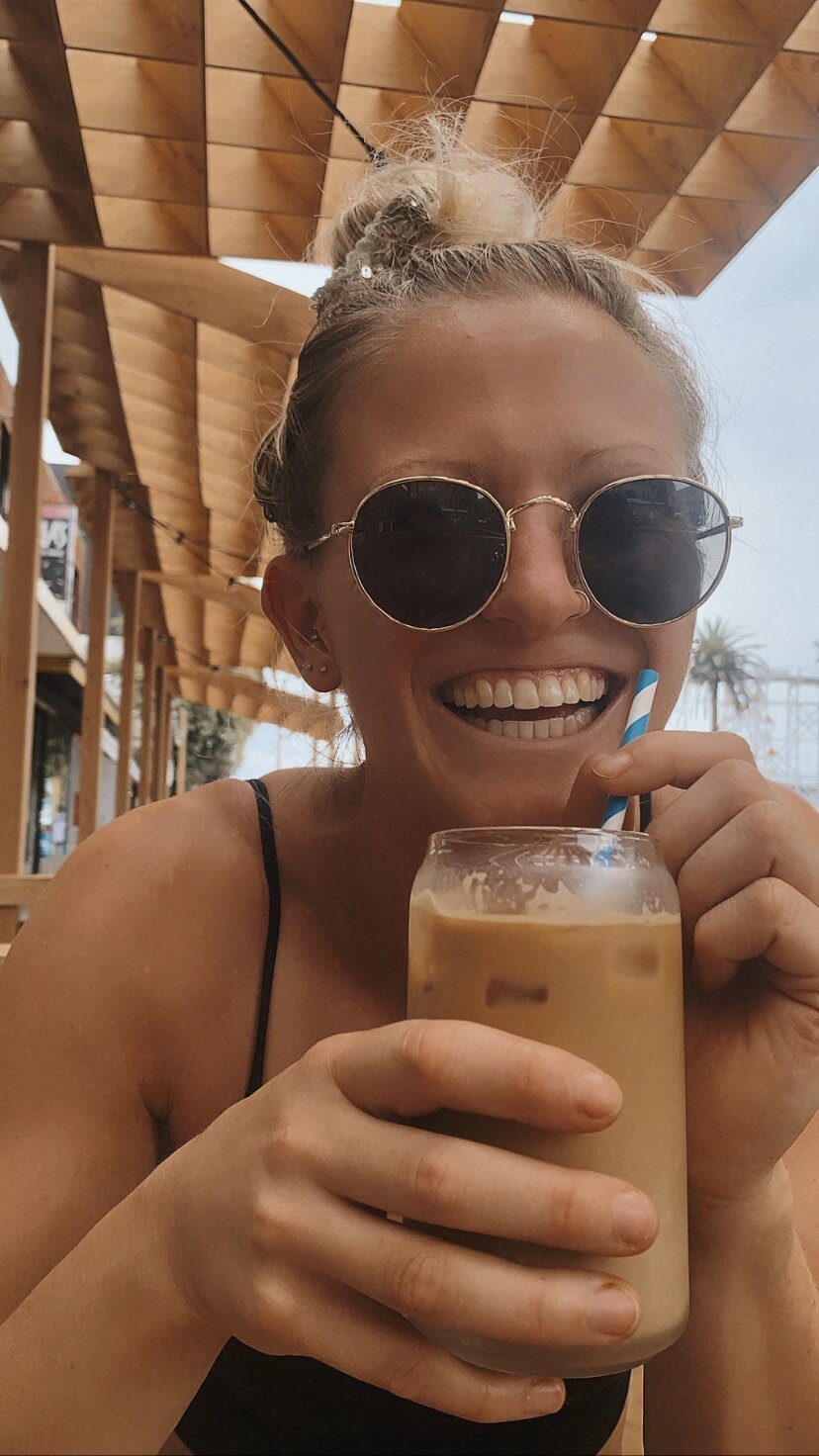
Trade Offs: You Can't Have Your Cake and Eat It Too
For every decision we make, there is an alternate decision we could have made but didn’t. When I choose to read at night, I am choosing not to watch Sex and the City. When I choose to train for 90 minutes in the arvo, I am choosing not to go to the beach. When I choose to compete in an ambitious weight class, I am choosing to forgo dessert for a few months in the lead up.
Similarly, when you make the decision to lose fat, get stronger or pursue any other health/fitness goal (or any goal!) there are trade offs that you will be required to make in order to be successful.
The problem that many people run in to, is that they are either unaware of the trade offs required of them, or they are not willing to make them, resulting in immense frustration when they think they are doing enough, but still aren’t seeing the desired amount of progress.
The solution? Read on.
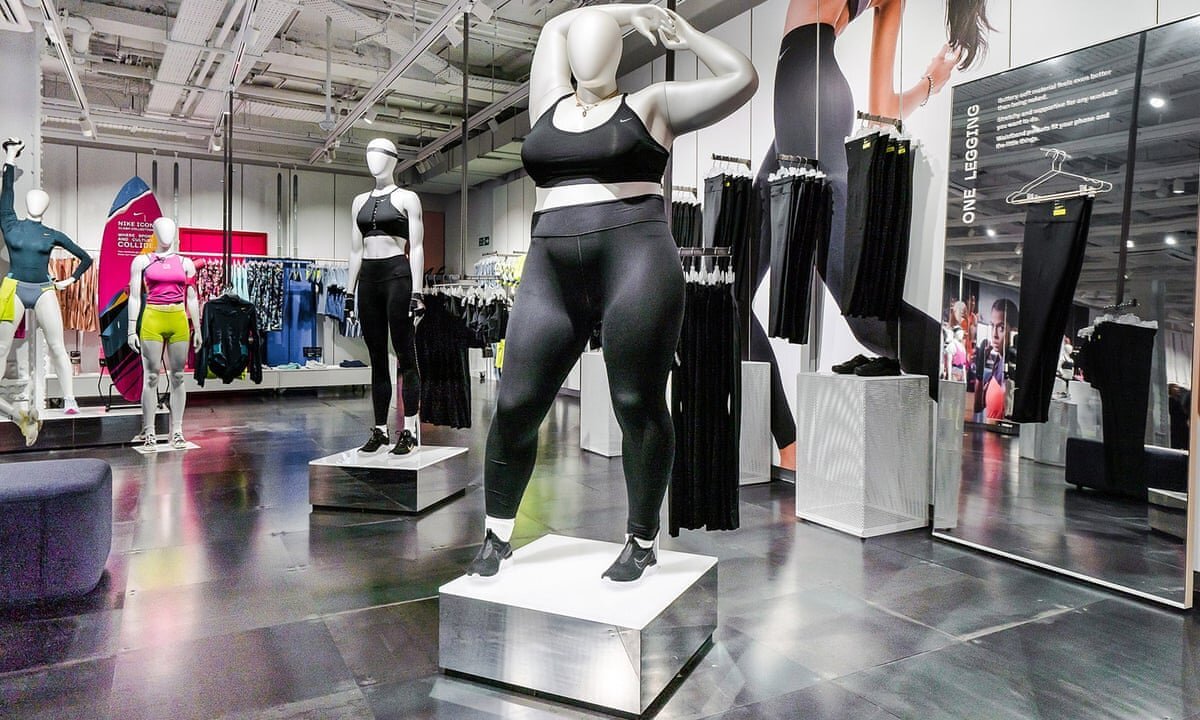
Promoting Obesity Is Not A Thing & And Other Things The Internet Gets Wrong About Body Positivity
The body positivity and Health At Every Size movements are largely misunderstood. Viewed by thin people as “promoting obesity,” their messages of empowerment and self-acceptance (both extremely valuable in contributing to improving physical, mental and social health) are often completely misconstrued and contorted. Both movements have extremely positive missions and outcomes that are very worthwhile understanding.

Willpower & How To Get More Of It
Willpower is poorly understood. The term is thrown around a lot, typically when we talk about what is holding us back from achieving some goal. “I just need more willpower” is repeated like a battle cry. But how many of us actually know how to get more? Without some plan for how to increase your willpower, your cries for more are null, void, and sub in as an accidental excuse for addressing what is actually holding you back.
So what is willpower, actually?

Dealing with Your Self
I recently has the pleasure of co-writing an article with my own coach Lyndon Purcell over at his online space ThereforeThink. We spoke about a broad range of topics from self-acceptance to self-love, the ego, how self-acceptance and personal development relate and what we think would make a personal unaccceptable. I really enjoyed writing this piece. You can read it over at ThereforeThink.

Body Image Distortions
A negative body image is often accompanied by substantial negative self talk. Most of our self talk is completely irrational, which we can notice if we take a step back and break it down. The problem is that we get so emotionally involved with our appearance that it can be hard to take that step back. Instead, we make these wild mental mistakes that steer our self talk down dark and dangerous paths. The good news is though that we can turn our self talk around by recognising and eliminating these destructive mental mistakes as we make them.

Moral Licensing - Why Telling Yourself You've Been Good Is F*cking You Up
Anything you moralise is fair game for moral licensing. So when you refer to your diet as good or praise yourself for being good because you’ve consistently hit the gym, you are fair game for moral licensing. If your diet has been good, you’re entitled to a little bad. And if you’ve been good with the gym, baby girl, you deserve a day off. But isn’t this just balance you say? Hear me out.

"Physically Attractive People Have It All" And Other BS We Tell Ourselves
“My worth as a person depends on how I look,” “physically attractive people have it all,” “if people knew how I really look, they probably wouldn’t like me so much,” “my life would be happier if I looked a certain way,” “I don’t need to change my body image; I need to change my body.”
Chances are, you’ve had some of these thoughts before. These are common assumptions we make about our appearance in order to protect ourselves. The problem is that these assumptions that we make to protect ourselves end up having the exact opposite effect — they are self deprecating and promote self rejection.
Overhauling long-standing appearance assumptions is a big job. It’s one thing to question them lightly; it’s another thing to challenge your deepest held beliefs and wrestle with the discomfort for as long as it takes to take the f*cker down.

How to Warm Up for Barbell Training
There aren’t really any hard rules when it comes to warming up for barbell training, which is why it can be hard to understand at times. There are however considerations and guiding principles which can help you to make better decisions when it comes to warming up and improving your preparedness for the session ahead.

How to Improve Your Body Image - Tried and Tested Methods
The people who are most resilient to threats and challenges to their body image are not so because they are beautiful or thin. Instead, they are protected by being not relying on their physical appearance for their identity or self worth and keep their looks in perspective by investing in other things for self-fulfilment such as family, friends, achievements, work and leisure interests. This sounds all well and good, like “yeah I’d love to feel that way, but I don’t”. So, how do you achieve a positive body image?

So You're Thinking of Entering a Powerlifting Competition?
I never set out to coach powerlifting. I just love training with a barbell and I share that with my team. But naturally, training in a powerlifting gym, watching powerlifting competitions and generally being surrounded by the sport, you start to get curious. And now, a number of my team are getting ready for the competition debuts.
They have a lot of questions though. A powerlifting competition is not the same as maxing out in the gym. Powerlifting is a sport and has rules that govern it. What are the rules? What do I need to wear? How much does it cost? What does the belt do? What’s with the suit?
This is not a comprehensive guide, nor is it designed to replace the role of your coach in educating you on how to prepare and what to expect. Rather, my hope is that this article will give you a little more insight in to how competitions run, and some things to consider in preparation.

Diet Tips
We can yell “calorie deficit” at the people til the cows come home, but along with the psychological component (which is way deeper than is given credit), weight manipulation is a skill. There are however, plenty of tips and tricks we can employ to make losing fat or building muscle easier for ourselves.
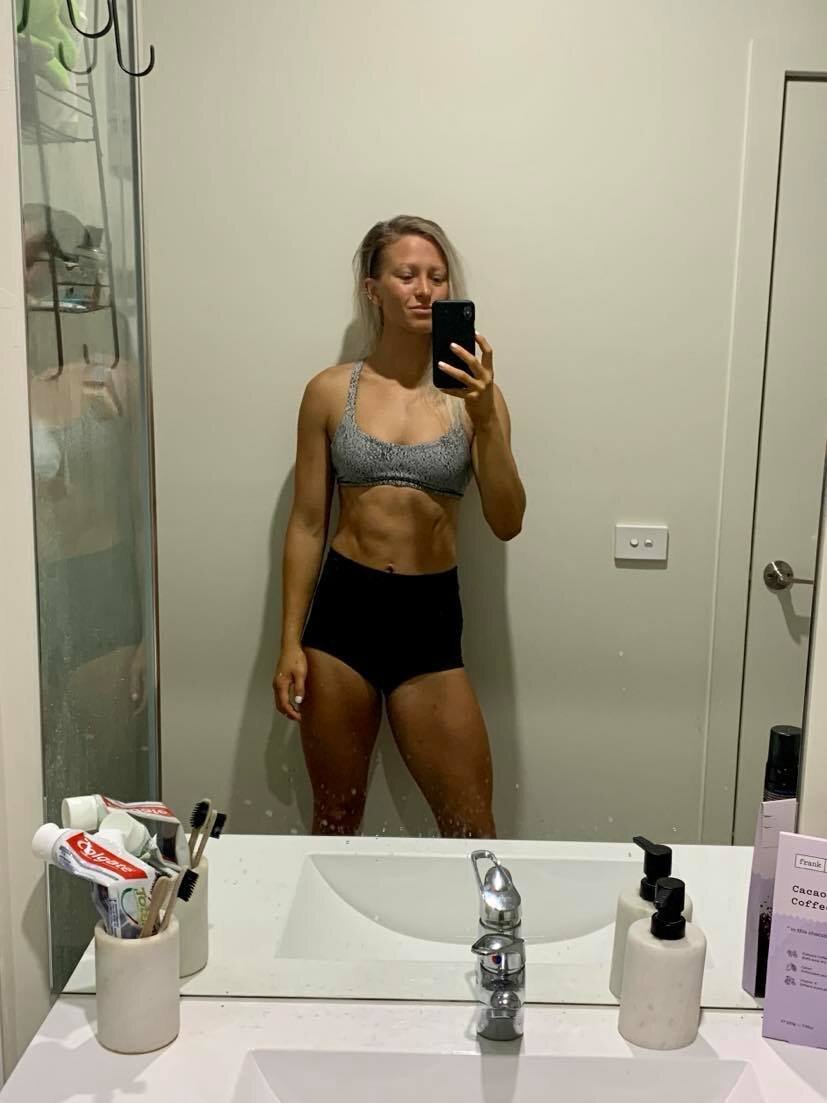
Metabolic Adaptation is F*cking with my Fat Loss - Now What?
In my last article, I spoke about the myth of “survival mode” and what is actually going on when you’re eating very little, but still not losing weight. But, the battle is not lost and there are certainly strategies we can employ to mitigate these effects and keep us moving towards our body composition goals.

Survival Mode Isn't a Thing
… but your body does change when you lose weight.
Way back when our ancestors had to hunt for their meals, food availability was unpredictable. Some times they caught dinner; some times they did not. Therefore, storing body fat was favourable, as it provided an energy source in times of famine, when dinner wasn’t being served up.
We don’t really need this in a first world food environment. We can access food pretty effortlessly [unless Karen has been panic buying] from the supermarket / our pantries whenever we damn well want — but try telling that to evolution.
So now, the human body has adapted mechanisms to prompt the storage of body fat, you know, just in case. These adaptations can throw a spanner in the works of our weight loss efforts, so it’s worth understanding what they are, how they happen and most importantly, what we can do about it.
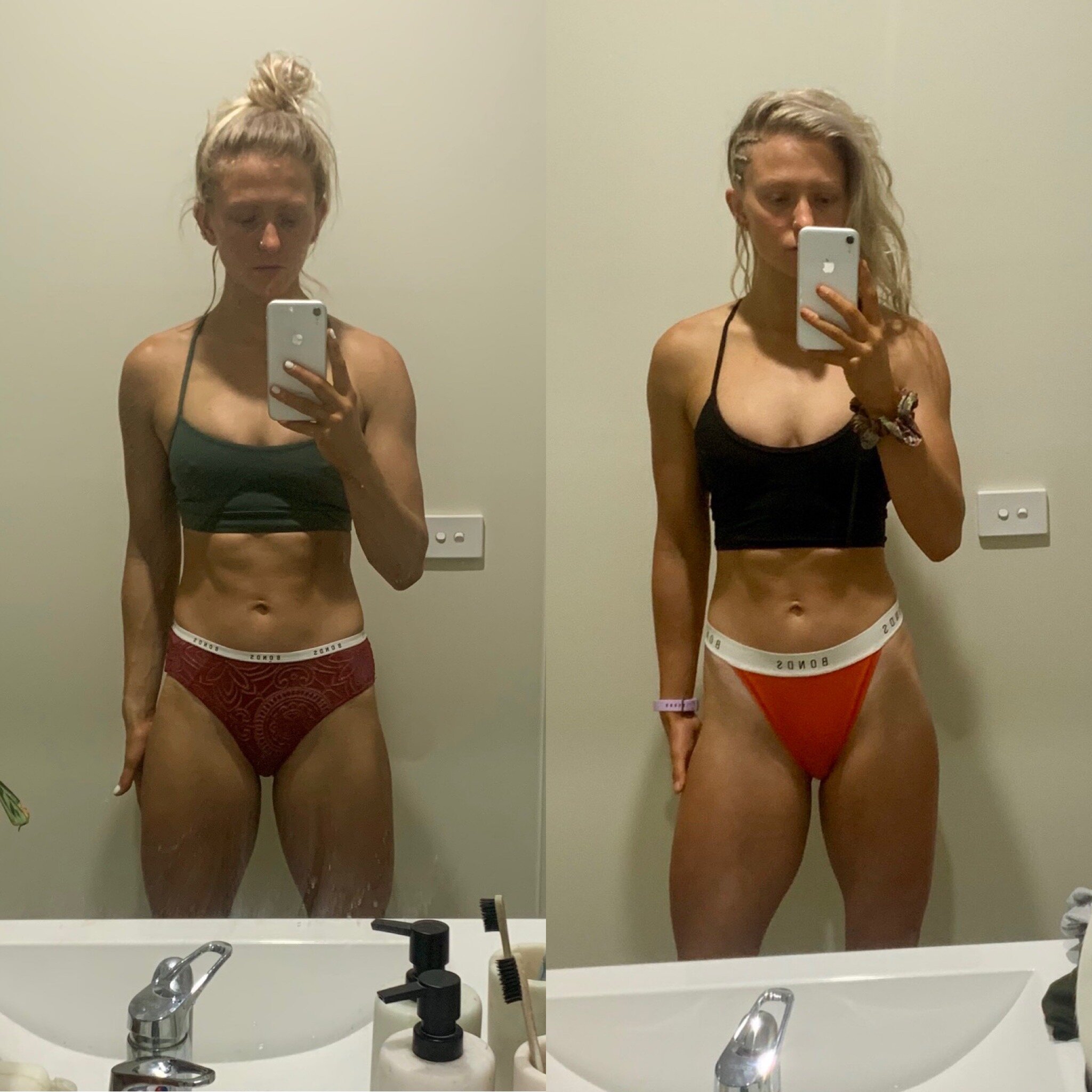
How Weight Loss Works
Many people that want to lose weight, don’t understand how. Many who have successfully lost weight, don’t understand how they did it. There are many methods by which to lose weight, any number of them can work, but the problem, and the ring a round, and the yo-yoing stems largely from a lack of understanding of the principles that govern weight loss.
![Tracking Your Macros [Accurately]](https://images.squarespace-cdn.com/content/v1/62fb3bfe41f3053b73c1217e/1662630792313-VPYP9UB6QAZA2TSP502D/image-asset.jpeg)
Tracking Your Macros [Accurately]
Macro tracking is not the be all end all holy grail of weight management. But it is a really powerful tool when used correctly. When being mindful about the data you enter, you are able to develop quite a thorough understanding of the nutritional value of the various foods that you eat. This practiced over a period of time will enable you to make informed food choices for the rest of your life, long after you stop using the app.
If you are relatively new to tracking your macros or have never really been shown how to use a macro tracking app such as MyFitnessPal effectively, the following article will provide you with some helpful practices that you can apply right away to improve the accuracy of your tracked data and ultimately your success with any nutrition intervention going forward.

Training on Holiday
Whether or not to train on holidays is a decision that seems to plague a lot of people.
I personally have been on holidays where I’ve trained everyday. I’ve been on holidays where I’ve hiked everyday. I’ve been on holidays where everyone else has gone to the gym and I’ve been like '“yeah nah I’m not doing that.” I’ve been on holidays where I’ve done a bunch of incidental activity just exploring — and all options have been amazing because they have considered my unique circumstances at the time.
There are no hard and fast rules for training and eating while travelling. As with many questions regarding health and fitness, the answer to “should I train on holiday” is “it depends.” But to make that answer a little more useful for you, it largely depends on the factors that I explore in this article [among others] that I encourage you to unpack next time you find yourself asking the same question.
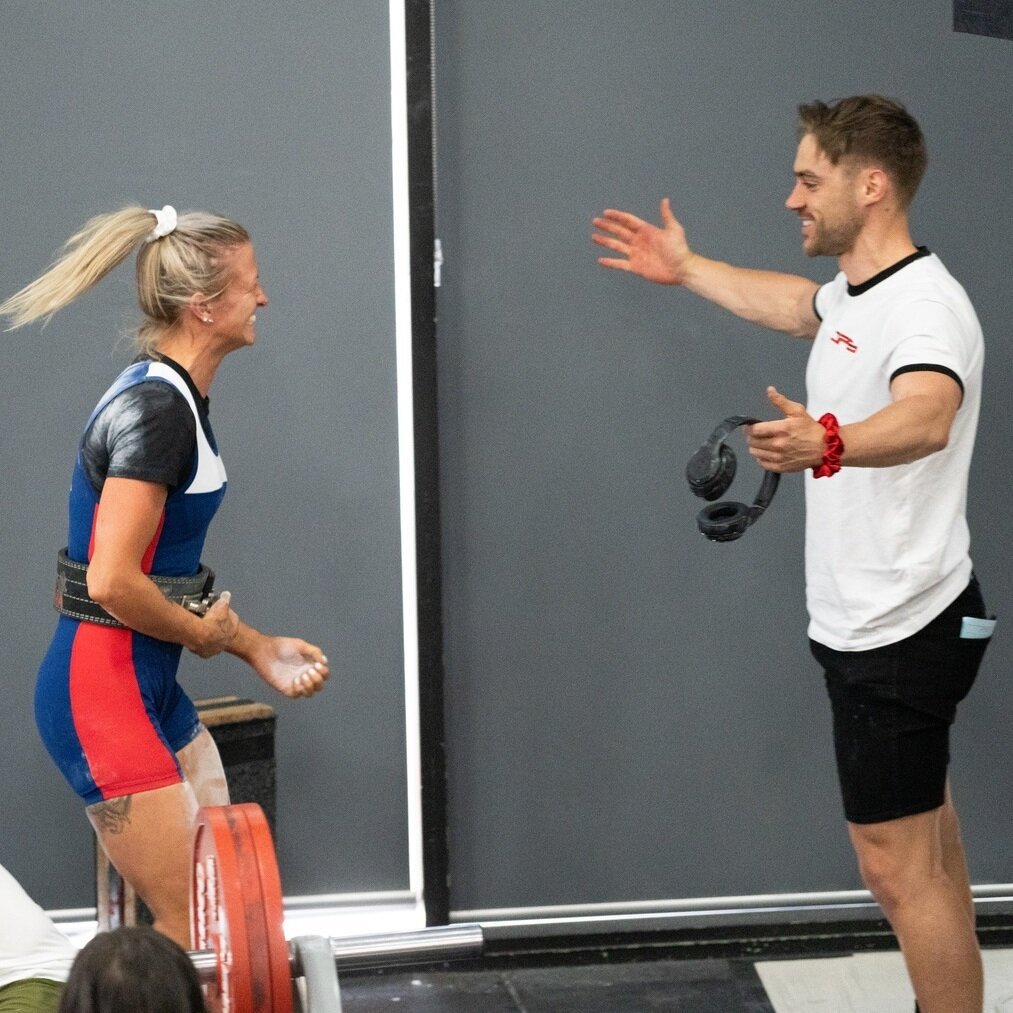
Powerlifting - More Than Just Lifting Heavy Things?
Last Sunday, I competed in a powerlifting competition. It was the first time in a long time [over two years] for me. A whole bunch of my team came to watch which was incredibly beautiful. It was the first competition they had been to. When they rolled in the door for training on Monday morning, their energy was absolutely phenomenal. They had so many questions about the rules, the timer, why the lifters did certain things and so on. They were amped. But one comment really stuck with me.
“What a world! The competition really made me feel like I’m part of something. I can see my training becoming more of a hobby now.”
Fucking YES! That is exactly why I do it and exactly why I’m elated by the opportunity to rope everyone in that I can.
Training (or rather, exercising) in our culture is so often just seen as a reluctant but necessary means for weight loss or maintenance and oddly to a lesser extent, health. And with that comes the comments of “why are you here [at the gym]? You’re already in great shape” and associated dare I say, ignorance. But what if training was so much more than that — a means of self development, a personal challenge, a hobby, a place for social connection and self expression.
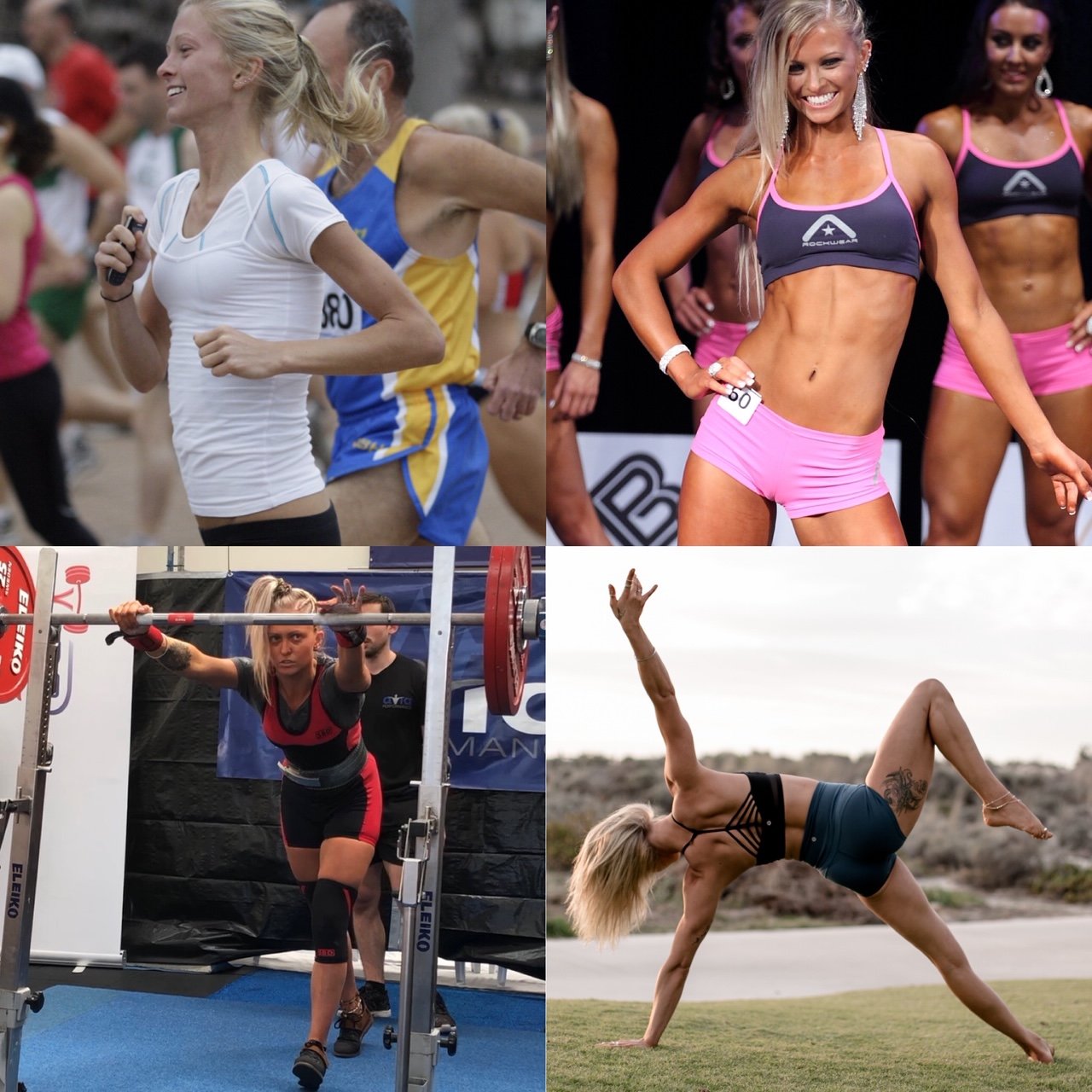
Navigating Health and Body Image - My Story.
I’ve shared my story and battles with my body image and body weight in varying depths on varying different platforms, but I’ve never dived super deep in to the nitty gritty of each stage of the journey. I feel called to share the finest details because all too often I see nutrition and exercise viewed in isolation from all other elements of an individual’s life. Your relationships, work, hobbies, education, family, sleep, sex life - all of these play a factor in determining your behaviours around food and exercise and the perceptions you hold of yourself. I hope that by breaking down every little bit of this story, you can come to recognise how so many things interplayed in my journey and perhaps help you recognise anything in your life that may be indirectly adversely affecting your physical or mental health, that you may not have otherwise considered.

The Scale Is A Tool - You’ve Got To Know How to Use It.
The humble body weight scale cops a lot of criticism. I completely agree that it is far from a perfect tool and is limited in it’s utility. However, it does provide immensely valuable data. The problem that most people run in to that causes them to slam the scales and decide that they are useless is that the user does not know how to interpret the data that the scale provides.

